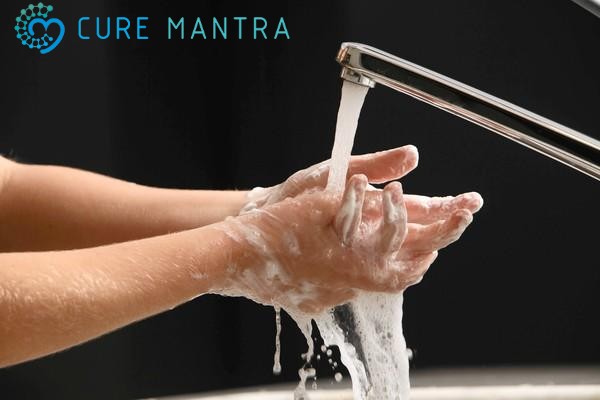One of the most overlooked healthcare devices that require regular cleaning is nursing excrement cleaning devices. These devices are used to assist patients with toileting and help manage incontinence. They are also employed in other medical settings, such as surgical suites, where they are used in urological and gynecological procedures.

Despite the usefulness of these devices, nursing excrement cleaning devices can harbor harmful pathogens if not cleaned and disinfected properly. These pathogens can spread infections and diseases to patients and healthcare providers alike. Therefore, it is imperative that healthcare providers take the necessary steps to maintain the cleanliness of these devices.
Cleaning nursing excrement cleaning devices is a simple process that involves the use of soap and warm water. After each use, the device should be washed with soap and water, and then rinsed thoroughly to remove any residue. This process should be repeated at least once each day to prevent the buildup of harmful bacteria and microorganisms.
Disinfecting nursing excrement cleaning devices is also essential for infection control. The Centers for Disease Control and Prevention (CDC) recommends using an Environmental Protection Agency (EPA) registered disinfectant that is effective against a wide range of pathogens. The disinfectant should be applied to the device and allowed to sit for the recommended amount of time before being wiped clean with a disposable towel.
In addition to regular cleaning and disinfection, healthcare providers must also ensure that nursing excrement cleaning devices are stored properly. They should be stored in a clean and dry area, and all parts should be disassembled and cleaned before being stored. Devices should also be inspected regularly for signs of wear and tear, and any damaged or worn parts should be replaced immediately.
By taking these steps, healthcare providers can ensure that nursing excrement cleaning devices are clean and disinfected, reducing the risk of infection transmission. This is particularly important during the current global health crisis, where infection prevention and control are paramount.
In conclusion, nursing excrement cleaning devices play an essential role in patient care, but they must be cleaned and disinfected properly to prevent the spread of infections. Healthcare providers must take the necessary steps to ensure that these devices are maintained and stored correctly, as well as inspected regularly for wear and tear. By doing so, they can provide safe and effective care for their patients while protecting themselves from infectious diseases.